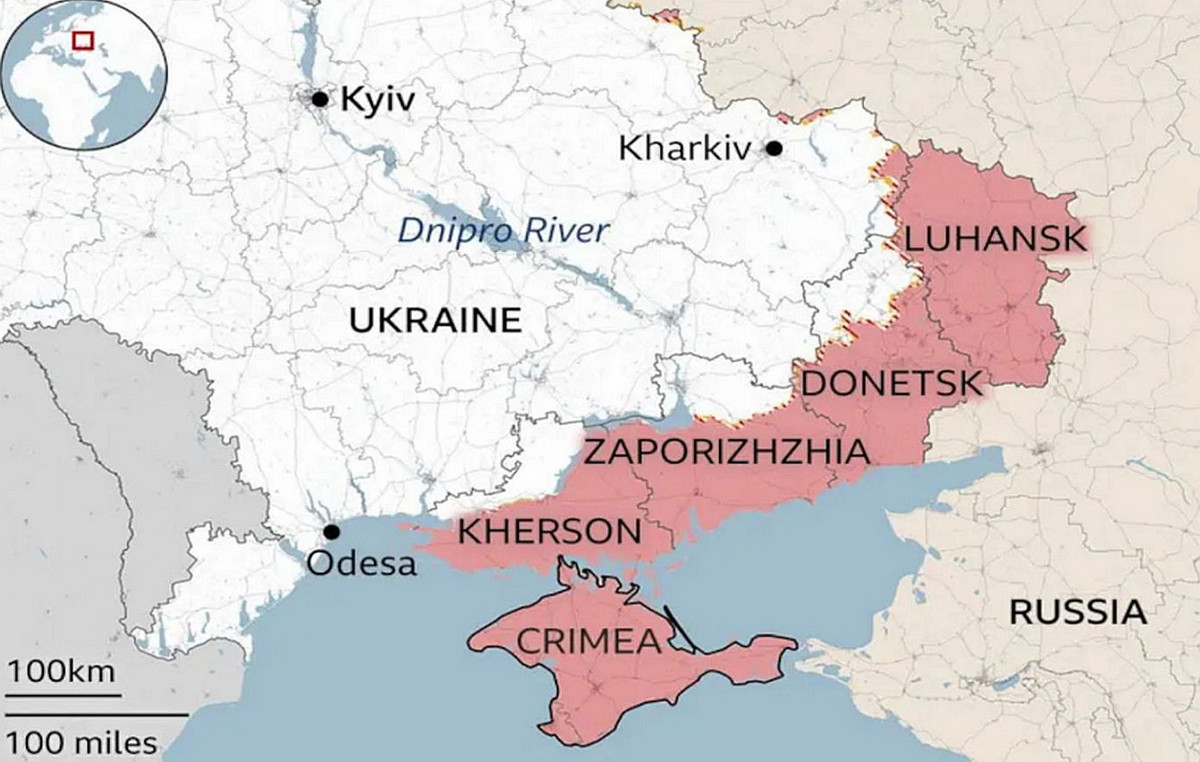Her Eleftherias Kourtali
JP Morgan examines whether the return of Greek banks to normalcy “leaves” value for their shares in a new report, pointing out the factors that can support their performance in the medium term.
As he notes, the medium-term outlook for Greek banks has improved significantly and, now that “regularity” is possible, the market focus has shifted to sustainable ROTE equity ratios.
As the industry emerges from a peculiar recovery phase and becomes a “bet” of European banking value, JP Morgan points out that a common question investors are asking is: is “normality” positive about the stock trajectory of Greek banks? The concern is that from now on the industry may develop into an average banking story with “little growth and some return on capital”, limiting stock prices below what fair value levels are.
American bank considers that they have not yet reached this point, as there are several factors that can support the relative return on share prices of Greek banks in the coming years, including the macroeconomic environment, the higher-than-expected ROTE with growth above as well as special catalysts for banks, such as the value of the balance sheet and the payment of dividends, as well as support from their participation in important indicators. Greek banks are in the eurozone, according to JPM, and are subject to the relevant regulatory environment, but are part of the MSCI Emerging Markets Index, and therefore have the potential to attract more attention from both Europeans and Emerging Markets investors. .
Growth and the positive impact of rising interest rates could push ROTE above expectations and into double-digit percentages, according to JP Morgan. With the NPE indices at single digits or close to them and with the support of the investment plans related to the European Recovery Fund, it predicts that the new gross lending of Greek banks will reach 15% of GDP by 2024 from 8% in 2019 , which translates into a 6% average annual CAGR increase in the serviced loan portfolio in 2021-24.
While global prospects are uncertain, the focus of growth prospects under the Recovery Fund make Greece more “untouched” in a regional context. JP Morgan estimates that Greek banks will rise 6% / 11% in terms of net interest income / earnings per share (NII / EPS) from the first 100 basis points of interest rate hike, with JPM seeing cumulative increases of 175 points base at 1.25% with the first increase coming in July. This provides room for higher ROTE levels than currently estimated at 8% -9% for 2024 (management targets> 10%), and JPM estimates that current valuation multiples are 6%. about sustainable ROTE.
In addition, there are many factors related to each bank individually that can support stock prices, such as Eurobank’s international activities that generate a third of profits, especially with the 1.4 billion franchise in Bulgaria. euro investment assets in real estate with an annual yield of 7% + and the excess capital position of the National Bank which is currently at 750 million euros (25% of its capitalization), with the possibility of increasing up to 2 billion euros through issue AT1 / T2 .
In this context, JP Morgan points out that Eurobank remains its top choice and maintains an overweight stance for its share as well as for Ethniki and Alpha Bank, while the trend is neutral for Piraeus. Raises the target price for Eurobank to 1.60 euros from 1.3 euros before, for NBG to 4.5 euros from 4 euros before, while reduces the target price for Alpha Bank to 1.5 euros from 1.6 euros before and for Piraeus at 1.8 euros from 2 euros before.
Greek banks have outperformed European banks and are trading with a P / TBV index for 2023 at 0.43x with 8.1% ROTE on average. The cost of equity for the industry has been limited to the level of euro area banks, suggesting that ROTE’s improving momentum and growing market confidence in it are the factors that could lead to a re-rating of shares.
Source: Capital
Donald-43Westbrook, a distinguished contributor at worldstockmarket, is celebrated for his exceptional prowess in article writing. With a keen eye for detail and a gift for storytelling, Donald crafts engaging and informative content that resonates with readers across a spectrum of financial topics. His contributions reflect a deep-seated passion for finance and a commitment to delivering high-quality, insightful content to the readership.







